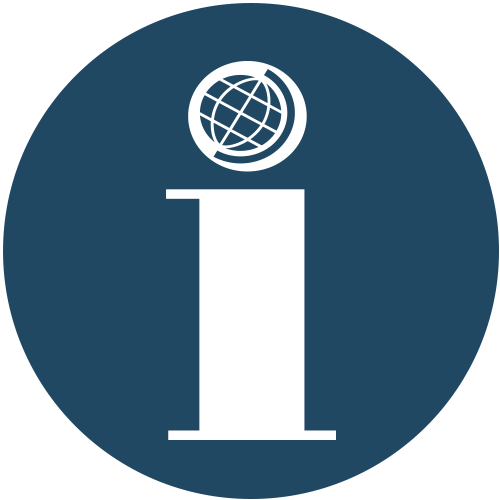The growth and popularity of social media technology has had tremendous consequences for human communication, access to information, and the strategies individuals deploy to share with, convince, and mobilize others. Yet, the promise that this new digital ecosystem would play a primarily equalizing role has been short lived. It is now also a powerful space for pushing partisan and false content to millions of users, and the latest tool for the dissemination of hate speech, wedge issues, and even violence. The pernicious effects of social media in societies has become most visible during recent electoral campaigns and other high-stake political processes in the United States, Europe, Sub-Saharan Africa, and elsewhere, as both domestic and external actors have used these forums to influence domestic public opinion and further polarize communities. Big tech companies have come under much scrutiny for not acting more aggressively to limit the spread of false or extremist content on their platforms, and many governments are struggling or resisting to put in place effective regulation. Some are constrained by free speech concerns while others simply benefit from the effects of information disorder.
The United Nations (UN) and its operations have not been immune to the effects of disinformation, as they not only further complicate the UN’s prevention agenda, but also challenge core Charter values. In his address at the opening of the 40th regular session of the UN Human Rights Council in Geneva, UN Secretary-General Antonio Guterres characterized misinformation and hate speech as global threats and threats to democratic values, social stability, and peace. He asserted, “With each broken norm, the pillars of humanity are weakened.” In June 2019, he introduced an action plan to combat hate speech that aimed at improving preventive efforts and developing counternarratives, but also to enable the system to respond more effectively to hate speech occurring across UN member states. Advancing these goals requires engaging with research communities in order to better understand the impact these technologies have on prevention efforts, help inform policy responses, and shape new research and policy agendas.
Disinformation and hate speech are raising urgent and complex geopolitical questions that all governments, policymakers, and intergovernmental organizations like the UN will be hard pressed to help shape and respond to effectively. The challenges of disinformation and misinformation are transforming how societies grapple with democratic processes, as well as how and when violence emerges and occurs. International policymakers will thus need to deepen their understanding of disinformation, misinformation, and hateful speech and their impact on elections, violence, and conflict prevention. The UN relies on its unique legitimacy, moral authority, and skillset as an interlocutor between states and civil society—yet the target of disinformation campaigns is frequently the very social cohesion that norms, institutions, and multilateral bodies such as the UN help to sustain.
The essays in this series on “Disinformation, Democracy, and Conflict Prevention” are based on presentations at a research workshop on “Disinformation, Democratic Processes, and Conflict Prevention,” convened by the SSRC’s Conflict Prevention and Peace Forum (CPPF) and MediaWell disinformation research mapping initiative for the SSRC’s Academic Network on Peace, Security, and the United Nations. Scholars and researchers from regions around the world examined the frameworks, findings, and debates in emerging research on information disorder and the linkages between disinformation, elections, hate speech, and identity-based violence. The workshop also explored the ways in which disinformation affects the UN prevention agenda, and how the UN system can better identify, track, and respond to the negative impacts of disinformation where the UN is engaged.
While the threats that hate speech, violence, and disinformation—all often amplified through social media and other technologies—are global phenomena, they are also unique in their geographic, political, and technical implementations. This essay series and the workshop that informed it are modest contributions to respond to a growing need for more examinations of these issues both within global frameworks and specific to local contexts. The essays reflect the geopolitical realities of Asia, Africa, Europe, and the United States, and with a comparative lens offer analysis of current conditions and recommendations for future steps.
Additional Resources and Background Information:
Conflict Prevention and Peace Forum (CPPF)
MediaWell live research reviews and essays
This series has been curated by Tatiana Carayannis, program director of the Conflict Prevention and Peace Forum (CPPF); Jason Rhody, program codirector of Media & Democracy; and Mike Miller, program codirector of Media & Democracy.


























